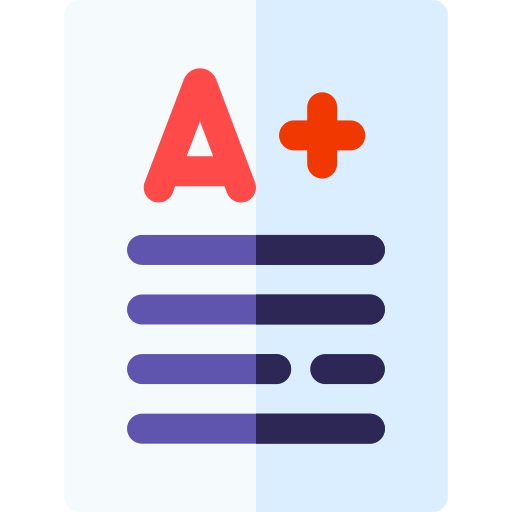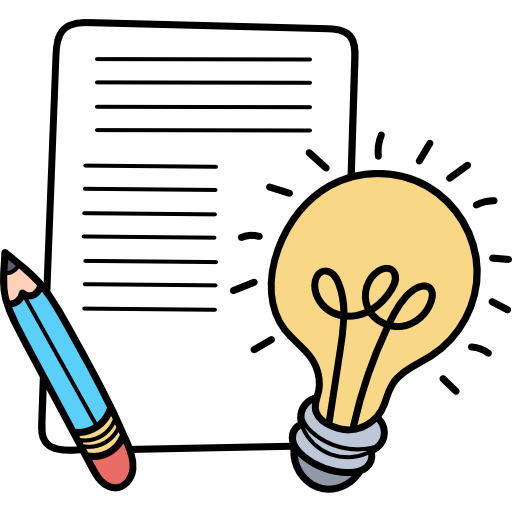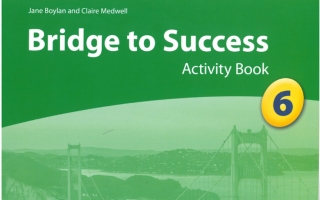Unit 1
Life experience
Lesson 1 Free-time activities
1 Vocabulary Activities
Complete the speech bubbles with the correct phrase from the box.
take photos play video games read painting meet up with my friends play football
a/ I really like playing football (1) every week with my big brother. He's been in the school team for three years now and can teach me a lot.
b/ I definitely prefer creative activities to sports. I'm hopeless at sport. Maybe that's why I don't like it. I love painting(2) , and sometimes I go out and take photos (3) of wild animals for my pictures. I'm quite good at photography - last year I won a prize at school.
c/ I don't have much free time at the moment. I read (4). most nights after school as I enjoy exciting stories.
d/ Most weekends I meet up with my friends (5) We play video games (6) together if the weather is bad and we can't go outside. If the weather is OK, we go out on our bikes. I can't stand being outside when it's cold and raining - I hate it!
Lesson 2 Write about it
1 Use of English Wh- question forms. review
Make questions using the words below. Which response from Lesson 1. Activity 1 answers each question?
Use of English
Wh- questions review
Question word + do + you + verb +?
What do you like doing when you've got some free time?
Who do you spend your free time with?
Which places do you like going to?
1 you / much / free time / do / how / have?
How much free time do you have?
Response: I don't have much free time.
2 at the weekends / do / what / you / do?
What do you do at the weekends?
Response: d
3 playing / do / who / you / football / like / with?
Who do you like playing football with?
Response: a
4 prefer / which / you / do / activities?
Which activities do you prefer?
Response: b
Lesson 3 A first time for everything
Reading strategy Understanding general meaning
Tick the strategies which will help you to understand general meaning. Use the strategies before you read the text below.
• Look for key words in a text.
• Read the whole text in detail.
• Look at pictures or headings.
• Look up all the words you don't understand.
1 Read about these first-time experiences. Match a comment to a picture.
1/ The first time I saw an elephant, I was terrified! In my country, it is quite normal to see elephants in the countryside, but I had never seen anything like it before. Now I think elephants are beautiful. Sumalee, 12
2/ I was so excited when I learned to ride a bike! I was very proud of myself because I was only four years old. At the time, my older brother had only just learned and he was already six!' Jaya, 13
2 Find a maximum of seven key words and (short) phrases in each comment which show:
• what each child did
• why it was special
• how the experience made them feel.
Sumalee : first time / elephant / terrified / never seen before / beautiful
Jaya : excited / learned / ride / bike / proud / four years old
Lesson 4 Talk and write about it
1 Use of English Complete the sentences using the correct form of the verb.
Use of English
Present perfect
We use the present perfect to talk about experiences in the past, but we don't say exactly when they happened. We form the tense with has/have + past participle.
Have you ever seen the sea?
I haven't been on a rollercoaster again.
1 She has won three competitions in two years. (win)
2 What is the nicest place you have ? (see) seen ever
3 He has never been to another country. (go)
4 She hasn't tried Japanese food. (not I try)
2 Write write two sentences about things you have or haven't experienced.
I have tried Vietnamese food. Learners' own answers
I haven't been to a very cold country.
Learners' own answers





